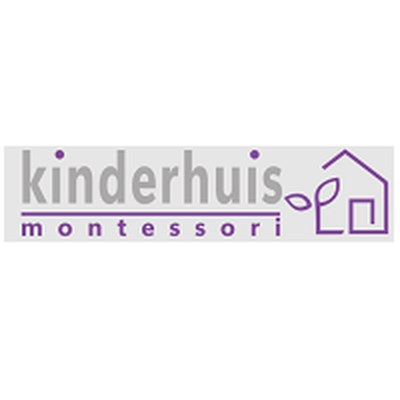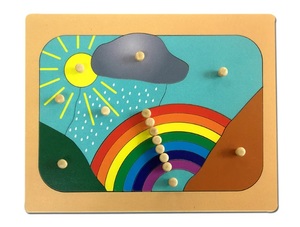The History and Philosophy of Montessori Education
Posté par Kinder huis
Corps
Montessori education, a method revered worldwide, is not merely an approach to learning; it’s a philosophy that celebrates the inherent curiosity and potential within every child. Developed by Dr. Maria Montessori in the early 20th century, this educational philosophy has transformed traditional teaching paradigms. In this blog, we will delve into the rich history and underlying philosophy of Montessori education, exploring how it has shaped the way we view learning and the essential role of Montessori school supplies and tools in this profound approach to education.
The Roots of Montessori Education
Maria Montessori, the pioneering educator, and physician, developed the Montessori method in the early 1900s. Her insights were born from years of observing children, their behaviors, and their inherent desires to explore and learn. In 1907, she opened the first Casa dei Bambini, or Children’s House, in Rome, where she implemented her innovative educational approach. Dr. Montessori's methods emphasized the child’s natural inclination to learn through self-discovery, hands-on experiences, and collaborative learning. This marked the birth of the Montessori education system, a departure from the conventional teacher-centered approach to a child-centered methodology.
Philosophy of Montessori Education
At the core of Montessori philosophy is the belief that each child is a unique individual with an innate ability to learn and a natural curiosity about the world. The Montessori method emphasizes the following key principles:
- Child-Centered Learning: Montessori education places the child at the center of the learning process. Teachers act as facilitators, guiding and supporting children in their exploration of the prepared environment.
- Prepared Environment: Montessori classrooms are carefully designed to provide a stimulating and orderly environment. Montessori school supplies and tools, meticulously chosen, are arranged on low shelves, inviting children to explore, engage, and learn independently.
- Hands-On Learning: Montessori materials and tools are designed to be hands-on, encouraging children to manipulate, touch, and explore. These materials cover a wide range of subjects, from math to language and practical life skills.
- Mixed-Age Grouping: Montessori classrooms often consist of mixed-age groups, allowing younger children to learn from older peers and older children to reinforce their learning by teaching concepts to younger classmates. This dynamic promotes cooperation, empathy, and a strong sense of community.
- Freedom Within Limits: Montessori education offers children the freedom to choose their activities within a structured environment. This freedom is balanced by limits and guidelines that promote respect, discipline, and responsibility.
- Individualized Learning: Montessori educators observe each child’s unique learning style and pace, tailoring their guidance and materials to meet individual needs. This personalized approach ensures that no child is left behind, fostering a sense of confidence and achievement.
Montessori School Supplies and Tools: Facilitating the Learning Journey
Montessori school supplies and tools are meticulously chosen to align with the philosophy of hands-on, self-directed learning. These materials, which include sensorial toys, language cards, mathematical manipulatives, and practical life tools, are specifically designed to engage a child’s senses and facilitate meaningful exploration. The focus is on quality, durability, and purposefulness. Montessori educators carefully introduce these materials, guiding children in their use, allowing for endless discovery, and nurturing a deep understanding of various concepts.
In a Montessori classroom, children learn math not just from textbooks but through tangible materials like the Montessori number rods and beads. Language skills are honed using phonetic games and interactive stories, fostering a love for reading and communication. Practical life skills are developed using real-life tools like child-sized brooms, watering cans, and kitchen utensils, empowering children with a sense of independence and responsibility.
Conclusion: Empowering Learning Through Montessori School Supplies and Tools
Montessori education is a celebration of a child’s natural inclination to explore, learn, and grow. By embracing the philosophy of hands-on, self-directed learning and utilizing purposeful Montessori school supplies and tools, educators and parents can empower children on their educational journey. These materials are not mere tools; they are gateways to understanding, curiosity, and self-discovery. As we continue to appreciate the profound impact of Montessori education, we recognize the invaluable role that thoughtfully chosen supplies and tools play in nurturing the brilliant minds of tomorrow, enriching their lives with knowledge, curiosity, and a lifelong love for learning.














commentaires